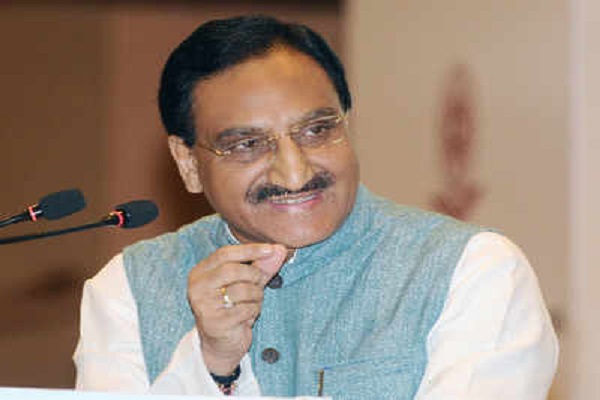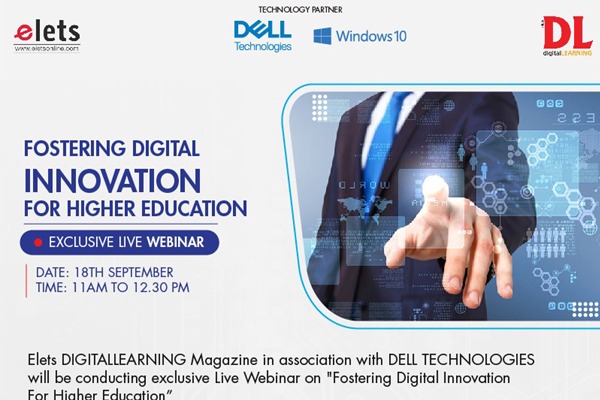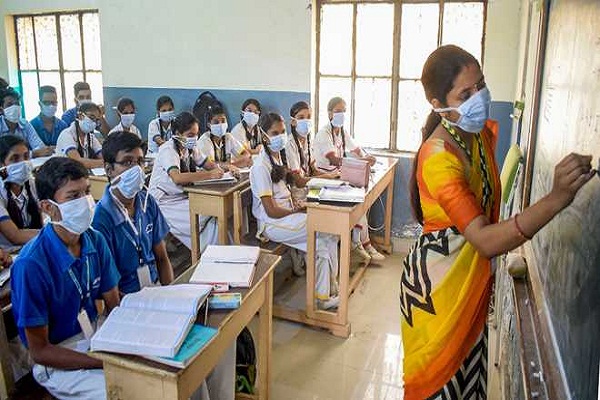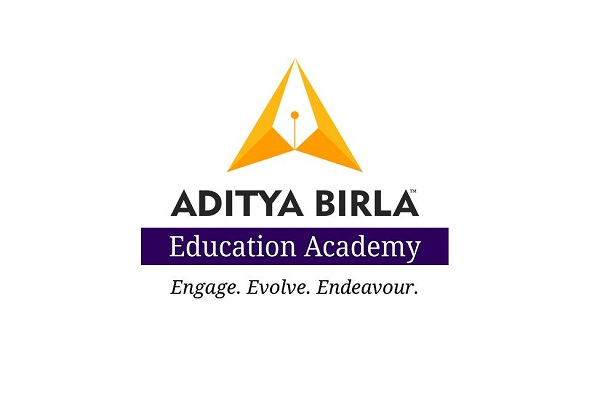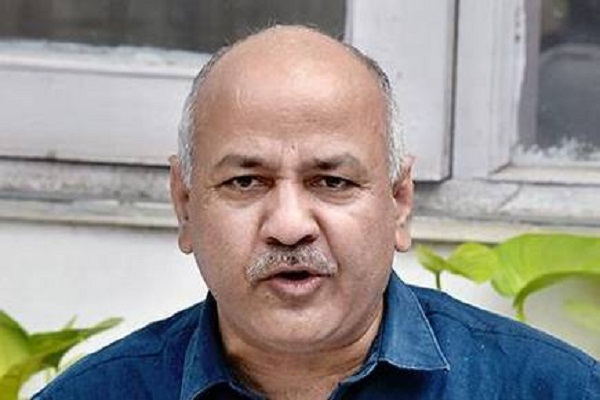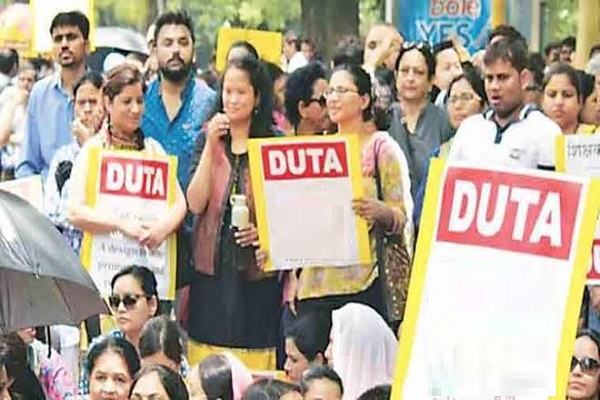In a major development, the Central Government has confirmed that it is not compulsory to reopen schools from September 21. The Unlock 4.0 guidelines, as released by Ministry of Home Affairs, allows schools to partially open for teaching and non-teaching staff. It has said voluntary attendance of students of classes 9 to 12. The final decision, however, to open or not to open the schools and allow students, even voluntarily, to go to school to seek guidance, rests soleley with the State Governments.
In pursuance to the same, many state governments have announced their decision to allow or not to allow. While most of the state governments have deferred re-opening of schools, Haryana and Delhi Government have allowed students of classes 9 to 12 to attend school to clarify doubts or seek guidance.
Also read: Delhi govt directs schools to observe “dry day” once a week
Most of the states including Goa, Gujarat, Uttar Pradesh, Kerala, Uttarakhand, Delhi, Odisha, Maharashtra have decided not to reopen the schools until next month. However, Haryana, Jammu & Kashmir, Chandigarh, Assam, Andhra Pradesh, Jharkhand are the only states which has decided to open its schools with SOPs from September 21.
The Haryana has made compulsory for teachers to go under COVID-19 test before resuming. Many other states in the country are still undecided to open the schools or not reopen the schools.
The schools across the country are closed from mid-March due to Corona pandemic across the country.









